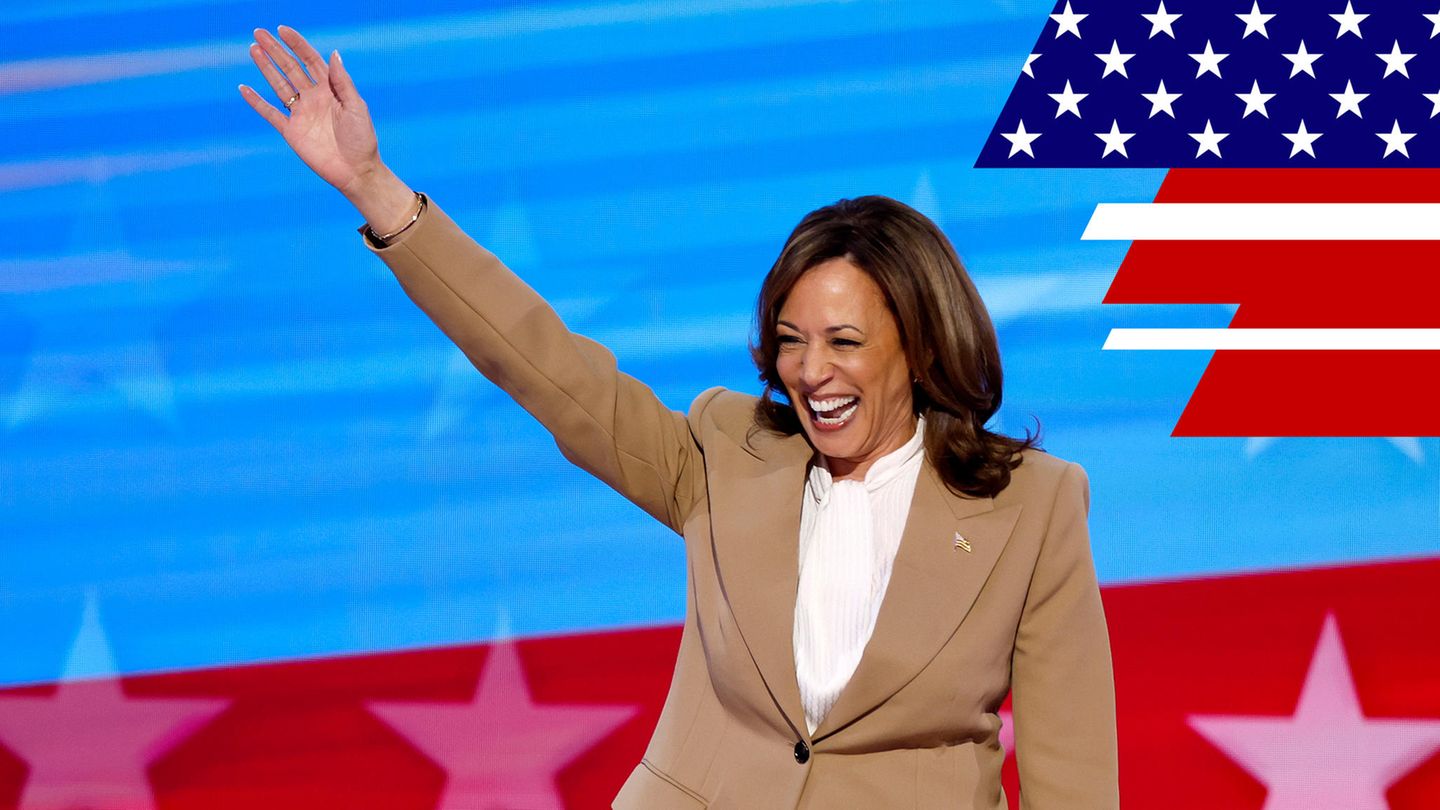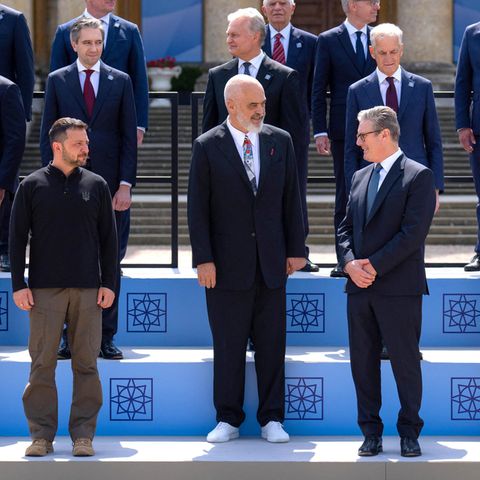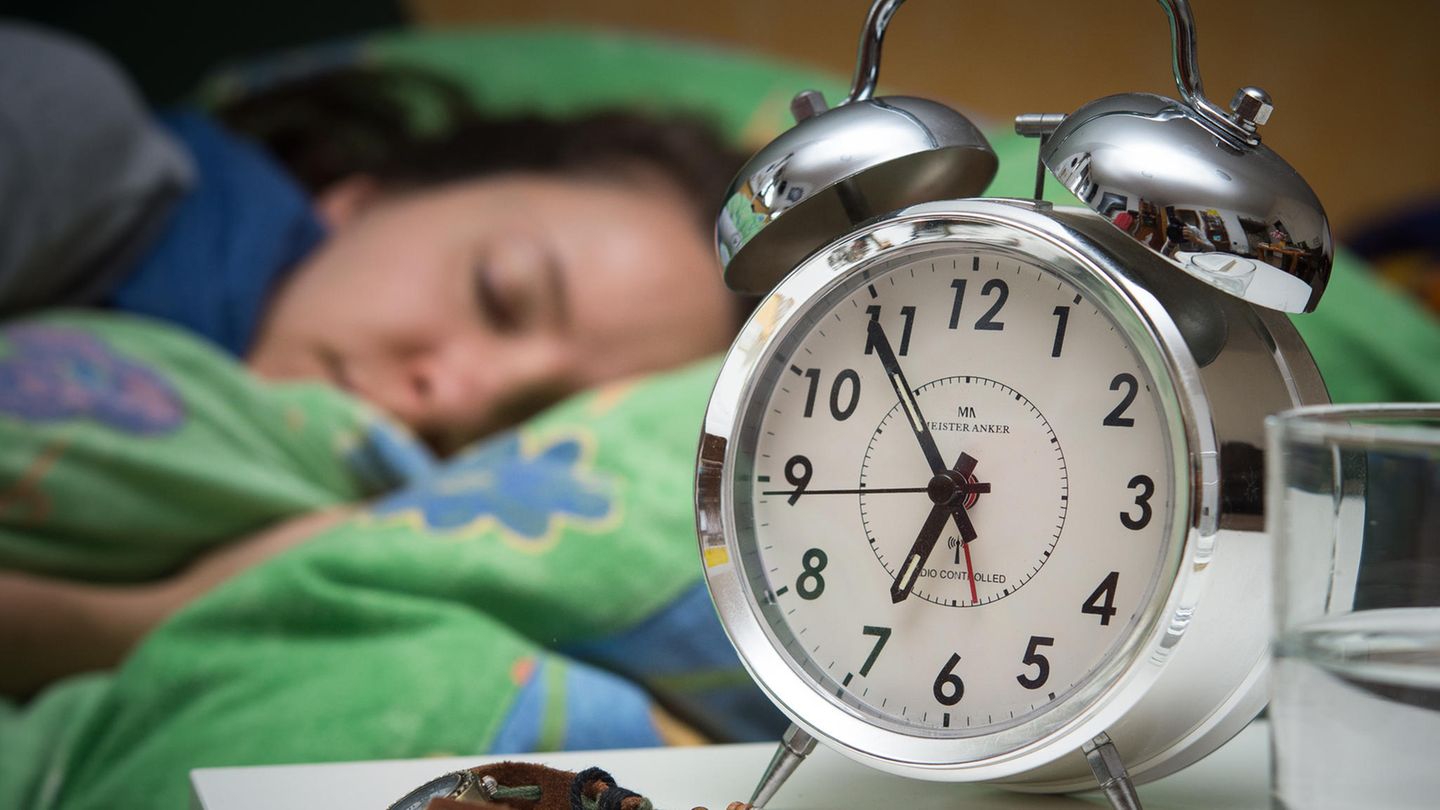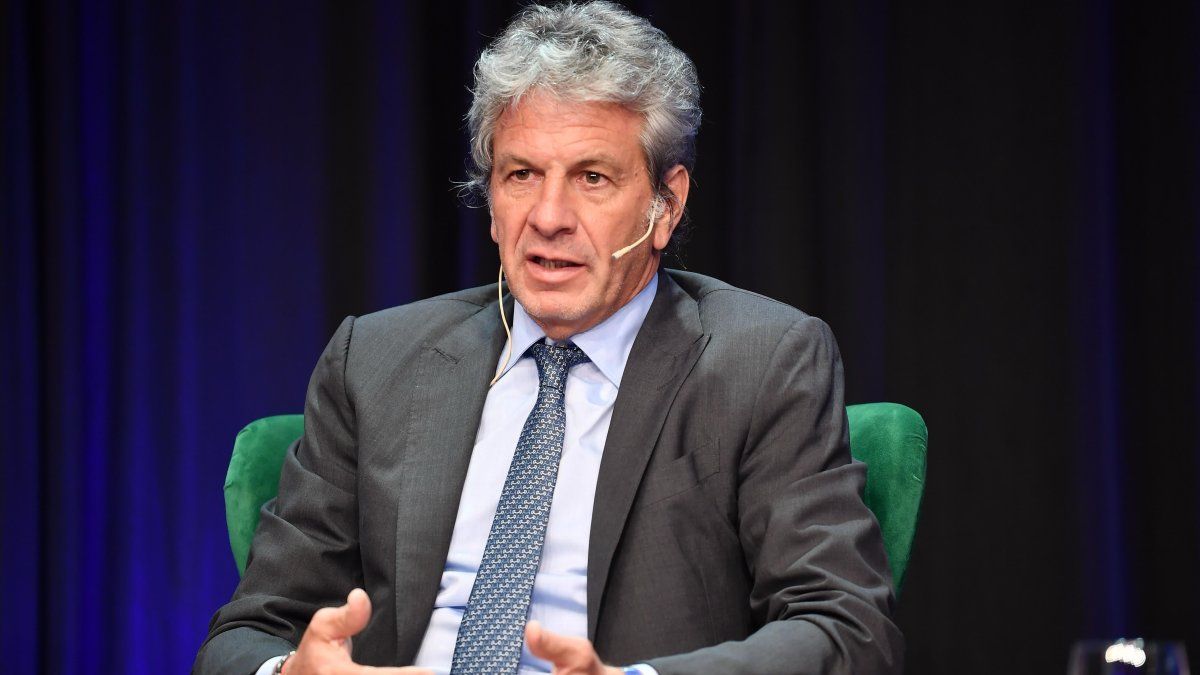For the 100th birthday
Margaret Thatcher – her Ferragamo handbag became a weapon
Copy the current link
Add to wishlist
The controversial “Iron Lady” Margaret Thatcher would have celebrated her 100th birthday on October 13th. Even today she is loved as much as she is hated. A review.
“Iron Lady”. Oh yes? There is also the other side. For example, that she is said to have co-invented soft ice cream. In the middle of the 20th century, she was part of a development team made up of chemists and food engineers. The soft ice cream is thanks to this team. A myth, according to him.
Or that, as an almost “maternal” prime minister, she not only cooked for her family, but also regularly cooked for her ministers. Whatever was on the table was eaten. The cabinet members are said to have not dared to say no.
On the other hand, Margaret Thatcher (1925–2013), even around twelve years after her death, is still a hate figure among the financially weak population of Great Britain, a neoliberal witch, a politician with a cold heart. So the “Iron Lady” after all?
Margaret Thatcher would have been 100 years old
Today, October 13th, Margaret Thatcher would be 100 years old. A good 35 years have passed since she stepped down as head of government, but her name is by no means just political history. Recently, Japan’s Liberal Democratic Party (LDP) leader Sanae Takaichi, who is expected to become the country’s first female prime minister on October 15, stressed that Thatcher was her role model.
The SWR stated: “Even today she is passionately admired by some, despised from the bottom of her heart by others – Thatcher was extremely polarizing and still is. Current British politics are also measured by Thatcher. Her legacy can be felt in many places in the country […].”
She was undoubtedly one of the most distinctive politicians on the world stage of the 20th century. When she moved into 10 Downing Street, the official residence of the British Prime Minister, on May 4, 1979, a woman was the first to head a major industrial country. However, she only tolerated men in her cabinet.
A war on the other side of the world
“Thatcher prescribed a neo-liberal horse cure to Britain, the sick man of Europe who was lying on the ground,” says the . She literally unleashed the market economy, “forced the striking miners to their knees with concentrated state power, disempowered the previously all-powerful unions and restricted the right to strike. Thatcher privatized the large industries and transport companies. She sold the state-owned social housing […]”
The result: mass unemployment because many industrial companies that were no longer subsidized by the state had to close. The Conservatives (Tories) fell behind Labor and the Liberals in the polls, and the Prime Minister was threatened with deselection in 1983. They were saved by a war on the other side of the world.
The British Prime Ministers: a small gallery of failure
David Cameron: the person who caused Brexit
2010 – 2016. The former elite student was leader of the conservative party for a total of eleven years and won the election in 2010. After the financial crisis, Great Britain’s national deficit was high, so David Cameron implemented strict austerity measures that were not well received by everyone. The NHS health system is still suffering from the consequences today.
It was Cameron who called the referendum on Britain’s exit from the EU in order to pacify the right wing of his party. He campaigned to remain in the European Union. When a narrow majority voted for Brexit (52 percent) after an election campaign marked by misinformation, he resigned and gave up the party leadership
© Bernd von Jutrczenka / DPA
More
Open caption
Back
Further
In 1982, Argentine troops occupied the small Falkland Islands with around 2,000 inhabitants in the South Atlantic. Thatcher declared that she was not a woman who would simply turn around and immediately sent warships. The British troops drove out the Argentines. England was in a national frenzy of victory – this enthusiasm secured Thatcher’s election victory in 1983. The nickname “Iron Lady”, originally coined by a Soviet journalist because of her uncompromising leadership style, became her honorary title.
Dispute over Europe
In the end, she failed because of Europe, even though she supported the European internal market and is considered one of its architects. In 1988 she declared that Britain’s destiny lay in Europe, as part of the European Community. However, she aggressively enforced special British conditions, she rejected a European monetary union and a shift of political power to Brussels. She was also very skeptical about German reunification.
Eventually her government collapsed because of the European dispute. In 1990, Margaret Thatcher was overthrown by her own party and resigned. As she said goodbye, she said into the microphone: “We are now leaving Downing Street after eleven and a half wonderful years and are happy that the United Kingdom is in much better shape today than when we arrived.”
Eggs for Thatcher
Historians trace her self-confidence to her parents’ home in Grantham (Central England). Her hometown erected a large bronze monument to her, which was pelted with eggs and paint shortly after it was unveiled. One prankster even opened an egg stand next to the statue where Thatcher opponents could stock up.
Thatcher’s father Alfred Roberts ran a general store and was mayor of Grantham for a time. His daughter later said that she had always followed his advice in politics: not to join the crowd out of fear of being different, but to do what she thought was right.
Rise of a chemist
Young Margaret studied chemistry at Oxford and then worked in the food industry. In 1951 she married the entrepreneur Denis Thatcher, ten years her senior. After the wedding, she began studying law and became a tax lawyer. In 1953 she gave birth to twins, daughter Carol and son Mark.
As early as 1959, she entered the House of Commons for the Conservatives, worked as a state secretary and minister in several Tory governments, took over the party leadership in 1975 and won the 1979 elections. Her husband Denis sold his company and became England’s “First Gentleman”. He once said about their marriage with a wink: “She has the pants on – but she also washes and irons them.”
Trademark: the large handbag
The workaholic Margaret Thatcher was not a power woman with masculine attitudes and even outwardly acknowledged her femininity. Her hairstyle required extensive care; according to documents from the British National Archives, she went to the hairdresser a total of 118 times in 1984 alone.
Her most distinctive trademark was the large Ferragamo handbag. It served as an accessory, protective shield and statement at the same time. Fashion expert Caryn Franklin told the BBC: “The handbag made it clear: Here comes the woman between all the men.” Thatcher is said to have once banged it on the table at an EU summit.
From Maggie Thatcher to Kamala Harris: the pussy-bow blouse as a fashion statement

Trend loop: Kamala Harris wore a pussy-bow blouse in her first appearance as the Democratic presidential candidate in August. It wasn’t the first time that she wore a tied blouse, but this appearance in particular attracted worldwide attention
© Chip Somodevilla/Getty Images
More
Open caption
Back
Further
The Queen: “A dangerous game”
Queen Elizabeth II (1926-2022) also loved handbags, but the two women never warmed up to each other. According to the Sunday Times, the Queen found Thatcher’s policies at times “callous, argumentative and socially divisive.” The BBC series “The Crown” describes an encounter that is probably close to reality: “My goal is to lead this country from dependence to independence,” says the fictional Thatcher there. The Queen replies: “Unemployment, recession, crises: a dangerous game to create enemies everywhere.” Thatcher replies calmly: “Not if you’re comfortable having enemies.” – “Do you do that?” – “Oh yes!”
During her time in office, Thatcher spent time every year with her husband Denis at Balmoral Castle, the summer home of the royal family. Her biographer John Campbell wrote that she did not like these trips: “She had no interest in horses, dogs or country sports”, and that she hated walks and picnics in all weathers.
After her departure as head of government, she was knighted as Baroness Thatcher of Kesteven in 1992, and her husband Denis was even raised to the hereditary peerage as Baronet of Scotney. He died of pancreatic cancer in 2003 at the age of 88. Margaret Thatcher suffered several strokes, became demented and did not survive another stroke on April 8, 2013.
SpotOnNews
bal
Source: Stern
I am an author and journalist who has worked in the entertainment industry for over a decade. I currently work as a news editor at a major news website, and my focus is on covering the latest trends in entertainment. I also write occasional pieces for other outlets, and have authored two books about the entertainment industry.





